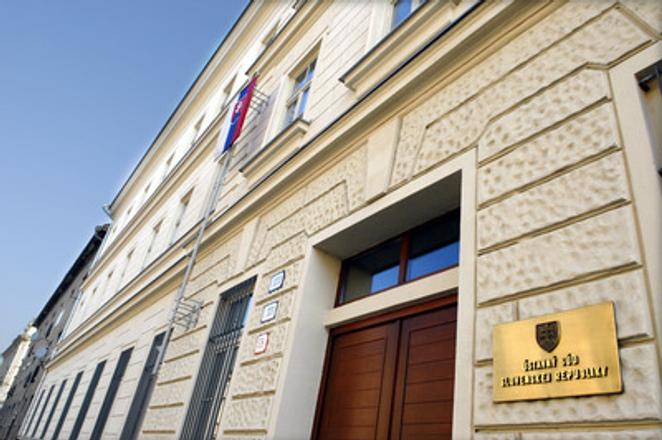Four provisions regarding extremism in the Criminal Code are unconstitutional, the Constitutional Court has ruled.
The provisions concern a vague definition of hate crime "against another group of people" and the extension of crimes of defamation and incitement of hatred for expressing political conviction, the TASR newswire reported.
The amendments to the Criminal Code became effective on January 1, 2017. However, a group of 30 opposition MPs submitted a motion to the court, questioning their constitutionality.
Freedom of speech cannot be restricted
The Constitutional Court, for example, accepted the complaint that the definition of "another group of people" is unclear and not defined in detail.
"Freedom of speech cannot be restricted so indefinitely, and a crime cannot be formulated so vaguely," said Constitutional Court President Ivetta Macejková, as quoted by TASR.
Lawyer Daniel Lipšic, who represented MPs in court, has welcomed the decision, saying that no one knew what sort of speech they should avoid, TASR wrote.
Other complaints accepted too
In addition, the court dealt with the question of whether the crimes of defamation and encouraging people to commit a hate crime should also refer to a group of people sharing the same political conviction, as reported by TASR.
MPs claimed it goes against the freedom of speech, too.
"The combination of the nature of the criterion of political conviction with the questions of the concept of an act causes a constitutional incompatibility of the provision called into question," said Macejková, as quoted by TASR.
Lipšic believes a political debate becoming a subject of criminal proceedings is absurd.
"The foundation of democracy is a discussion, sometimes even polemical and beyond decency, but society must regulate this, not criminal law," Lipšic added, as quoted by TASR.



 Constitutional Court in Košice (source: Sme )
Constitutional Court in Košice (source: Sme )